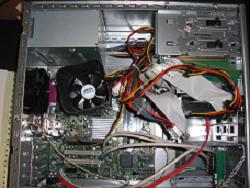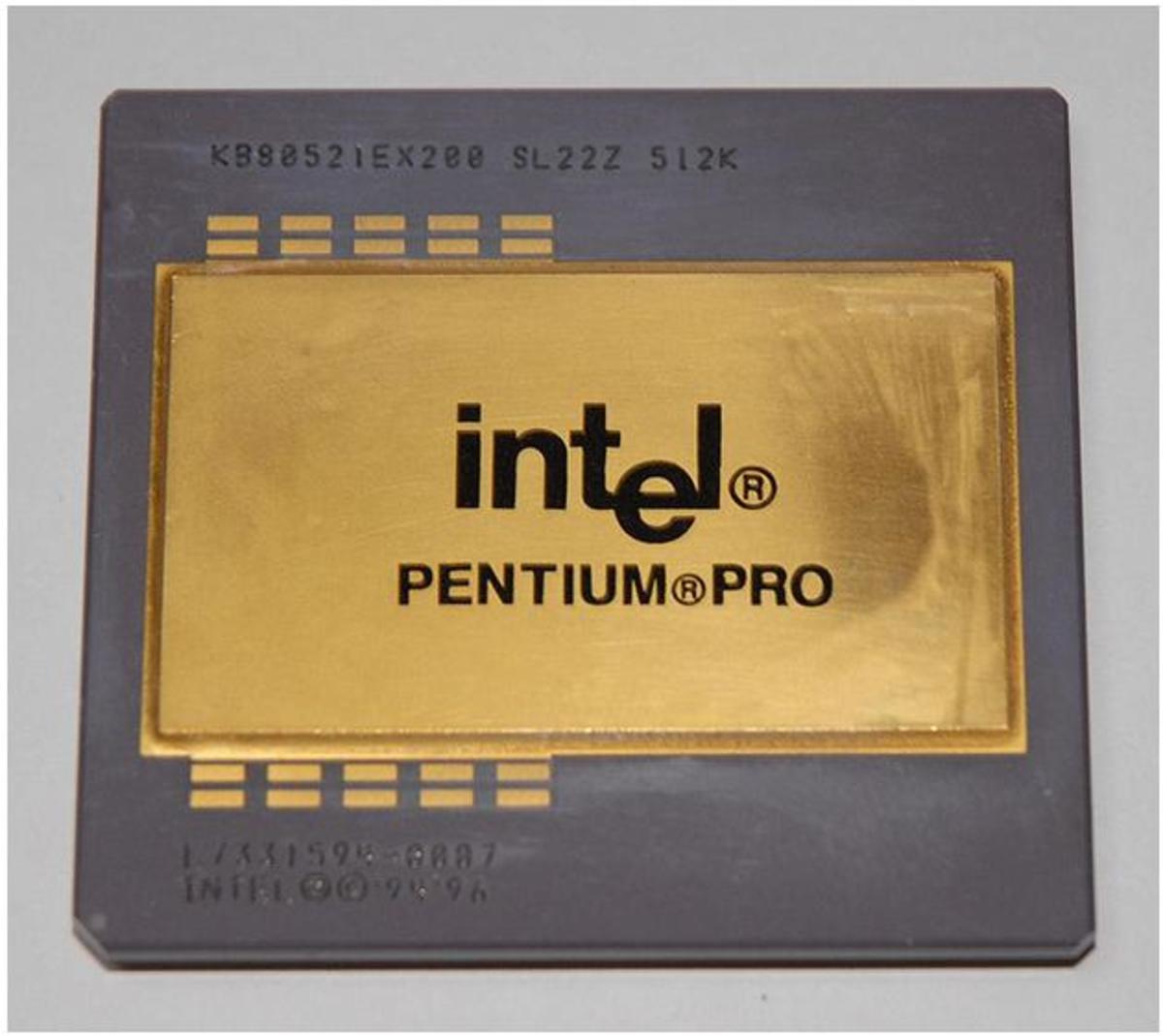Should a Recycler Resell or Convert Trash Computers to E-scrap
Published: December 8, 2011
A recycler of trash computers considers many variables when deciding whether to scrap a computer or resell a computer. Functional computers are without doubt more valuable than the materials used to build the computers so harvesting functional components yields more reward than recycling the raw materials. However, there are disadvantages to reselling used functional computers or components and those disadvantages include providing a warranty for goods sold and providing support to the buyers.

Reselling Working Used Computers
Working used computers may be obtained from companies that rotate equipment or from companies that dispose of obsolete equipment; the companies view the old computers as e-waste or trash. When obtaining these computers there will likely be a mix of functioning and non-functioning units. Functioning units may be cleaned up and resold as-is. Large numbers of non-functioning units may be combined to make a smaller number of functioning units. This method is often referred to as the cannon-ball approach.
Working computers will not command a high price but any amount received is a plus: the recycler provides a disposal service to the organizations used as sources for e-scrap. The concern is whether the amount for a sale will cover future support costs. New computers now sell for under $500 so the recycler should not expect more than $50 to $100 for a used computer.
The recycler who provides functioning units to the public must provide some minimal customer support. This minimal support includes providing some form of guarantee or warranty and providing help when units sold as functioning used computers simply do not work.
30-Day Unconditional Guarantee
Dealing with the warranty concern is fairly simple: provide a 30-day unconditional guarantee. If customers wish to return computers or working components purchased from the recycler, the recycler offers the choice of a refund or suitable replacement if the recycler has one on hand.
Providing Support
Providing support to customers may pose a challenge to the recycler, especially if the recycler is not particularly computer savvy. To eliminate software support issues, sell used computers as-is with no operating system or application software installed. Do not fall prey to the threat of loading illegal copies of software on systems prior to sale. Require customers to purchase and install their own software and inform them before the sale that the recycler provides no software support.
Maintaining good customer relations requires providing hardware support. This support may be conducted over the phone for simple issues or a customer could be instructed to bring the computer back for help. At a minimum, hardware problems should be handled as stated in the 30-day unconditional guarantee detailed above.
Recycling Functional Components
For recyclers who lack the abilities necessary to provide acceptable technical support, salvaging working components and selling them individually provides an alternative to reselling functional used computers. The disadvantage to selling functioning components is that the components must be verified operational and this process requires test facilities. Each component should be tested to verify that the component works.
After the recycler acquires functional components, these components can then be sold to repair shops or advertised on auction sites, such as e-bay. A recycler could check the market by performing a search on e-bay for a particular component. This would then set the fair market price for that component. Spare parts typically command fair prices and parts that are no longer manufactured often sell for a premium. Individually selling the processor, motherboard, and memory from an obsolete computer should yield a higher profit than selling the computer as a unit.
Repair shops often support obsolete equipment for special applications and these shops need to locate obsolete components. The e-scrap recycler is in the perfect position to fill some of those needs.





